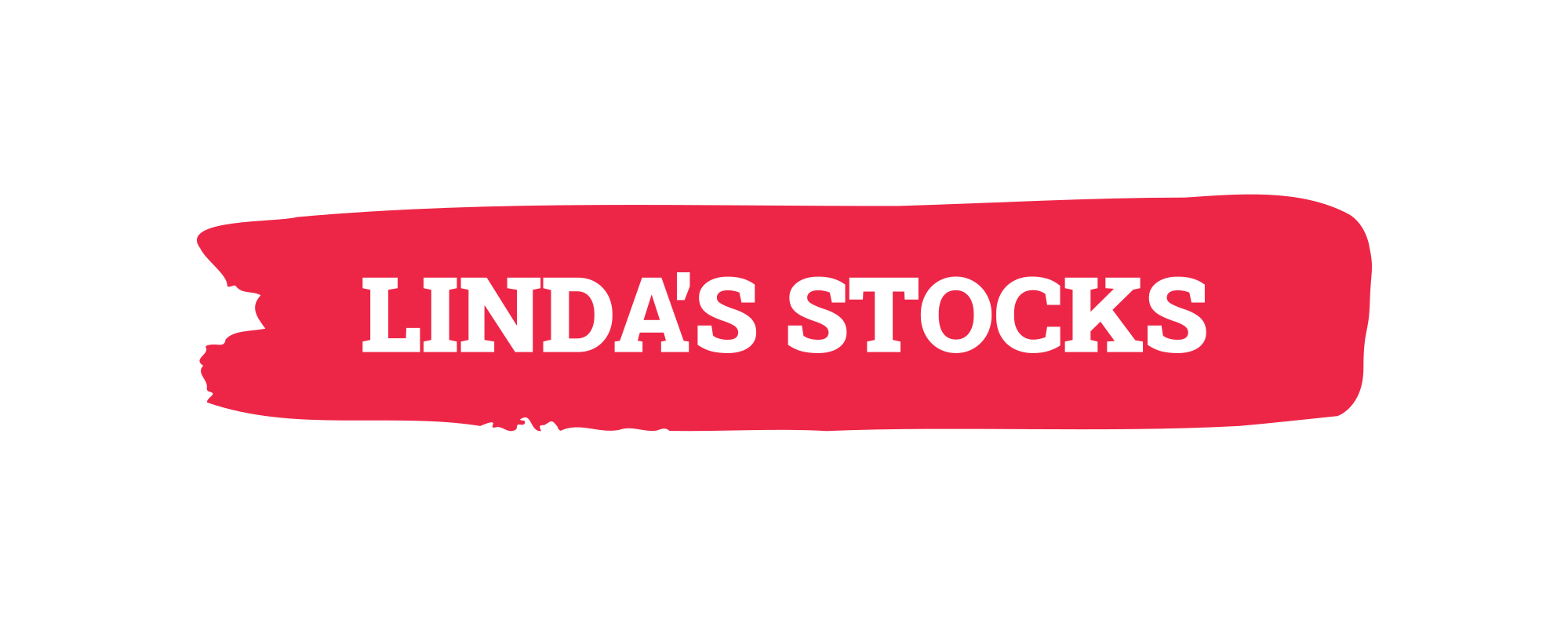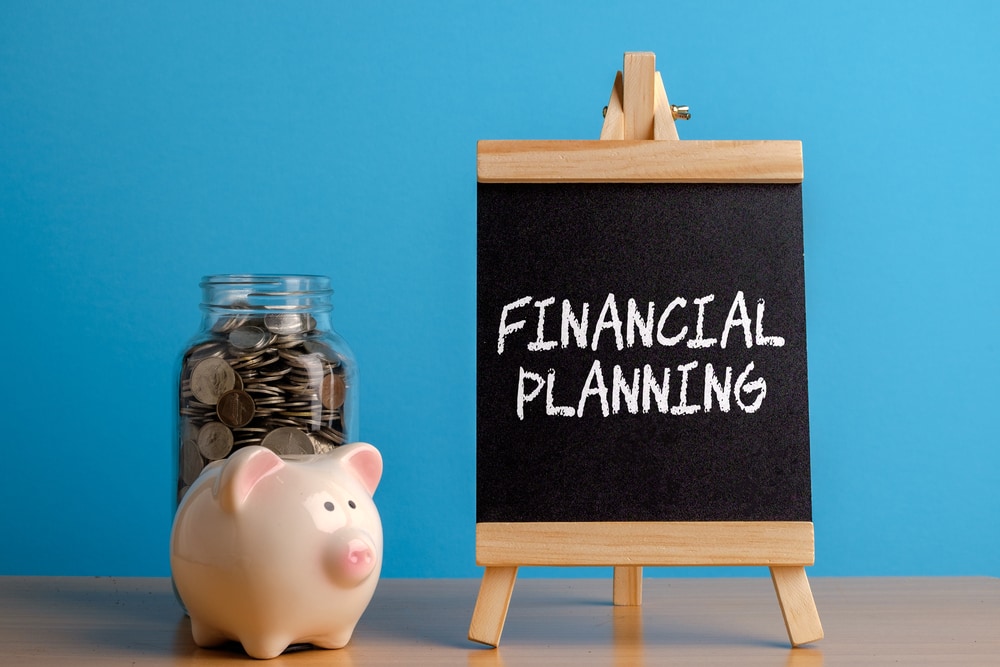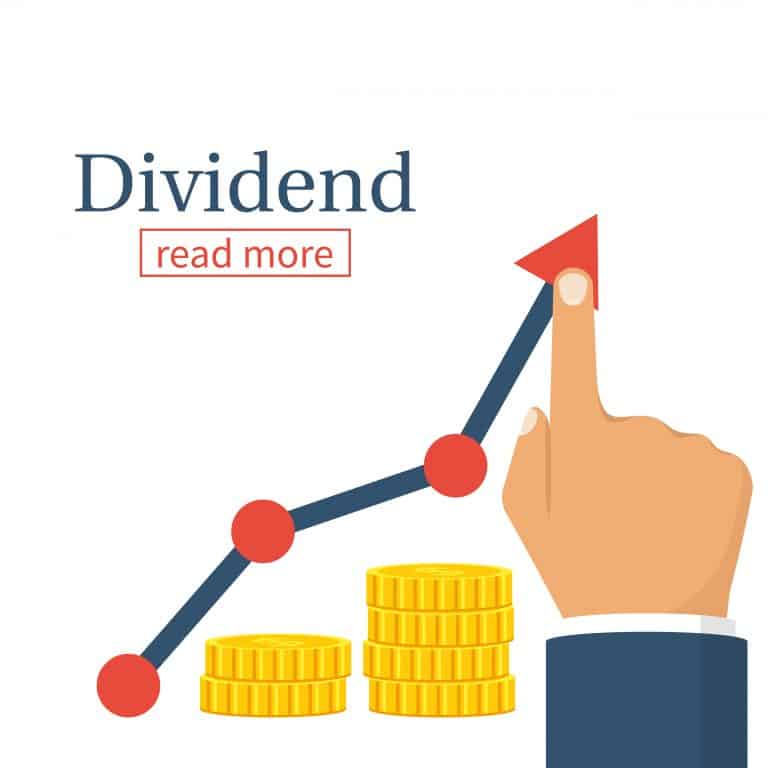Are You In Good Shape Financially?
Are you in good financial shape? The following are important questions you should ask yourself!
Do You Have a “Saver” Mentality or a “Spender” Mentality?
Are you setting aside a certain % of your income each month for savings and investing? And, preferably, this should be before you pay any of your bills! Pay yourself first! Unfortunately, today, many Americans seek instant gratification. Many individuals are not willing to save and wait for the things they want.
There are persons that admit to being big spenders. Our own government encourages us to “spend” to keep the economy going and discourages us from “saving” by taxing our hard-earned dollars!
Do You Have An Emergency Cash Savings Account?
Do you have emergency cash savings set aside? Most financial experts recommend saving at least 3-6 months salary. These funds should be in a separate bank account and only used when there is a real emergency. It is important to have these monies in a “liquid” account at a bank, such as a money market account or savings account, so you can access the funds quickly if necessary.
For example, you may need to use your emergency funds for “unexpected” expenses such as a leaky roof or an expensive car repair. Or, if these unforeseen expenses occur will you be forced to take out a short-term loan? Many Americans resort to using their credit cards for these unforeseen expenses. Unfortunately, doing this would be simply racking up more debt!
How Much Credit Card Debt Do You Have?
Credit card fees are unnecessary and only making the banks richer! Many Americans are overextended today with credit card debt! According to a 2018 study by Experian: “The average American has a credit card balance of $6,375, up nearly 3 percent from last year!” And, in a separate 2018 report by the Federal Reserve: “Total credit card debt has reached its highest point ever, surpassing $1 trillion in 2017!”
How much credit card debt do you have outstanding? If you carry more than one card do you know what interest rate each card is charging you? Ideally, your goal should be to pay your credit card balances in full each month. However, if you are unable to pay in full, are you making every effort to pay “more” than the minimum payment each month?
Do you own more than one credit card? Many individuals today do! If so, popular financial advice recommends paying off your “highest” interest rate credit card first. This way you are paying “less” money long-term. Of course, you would continue making your monthly payments on your other credit cards.
Do You Have A Monthly Budget Set-Up?
Do you have a monthly budget in place? Do you know “exactly” how much income you earn and the amount of your expenses? Many individuals dislike creating, and sticking, to a monthly budget.
Setting up and following a budget does require discipline, however, there is no better way to keep track of your money! One easy way to do this is to create a spreadsheet listing your monthly income less your expenses. Always be aware of how you are spending your hard-earned dollars.
Are You Investing In Stocks?
Are you investing in stocks long-term to grow your money? Or, do you have your money in a “low” 1% interest-bearing account at a bank? After deducting inflation and taxes saving this way can be a “losing” proposition!
Many times doing this will put you in the hole financially. You will fare much better, long-term, by being an investor and not merely stashing your money away in a low interest savings account at a bank.
Do you know how to get started investing in stocks? If not, it is important to take the time to learn how! There are no investments that have beaten the returns on stocks long-term. However, before you start investing in stocks, make sure you have your credit card debt paid off and an emergency savings account set up!
“According to historical records, the average annual return for the S&P 500 since its inception, in 1928 through 2017, is approximately 10%.” And, with the right financial skills, it is definitely possible for “do-it-yourself” investors to earn a much higher return than the S&P 500!
Are You Taking Advantage of Your Company’s 401K (or, 403B) Retirement Plan?
Does your workplace offer a 401k, or 403b, retirement plan? If your employer offers a “matching” dollar amount, are you contributing the maximum to it for your future retirement? Do you know what assets are in your plan? You want these dollars to be invested in the right investment vehicle such as an index fund.
Do you know the amount of fees you are being charged for your retirement plan? This is important as it can lower your returns. If not, you should ask your human resources department. Always be aware of how your money is being allocated.
In conclusion, you need to ask yourself all of the above questions! Being in good financial shape is a must today! To learn everything you need to know in order to invest check out my website @lindasstocks.com.







